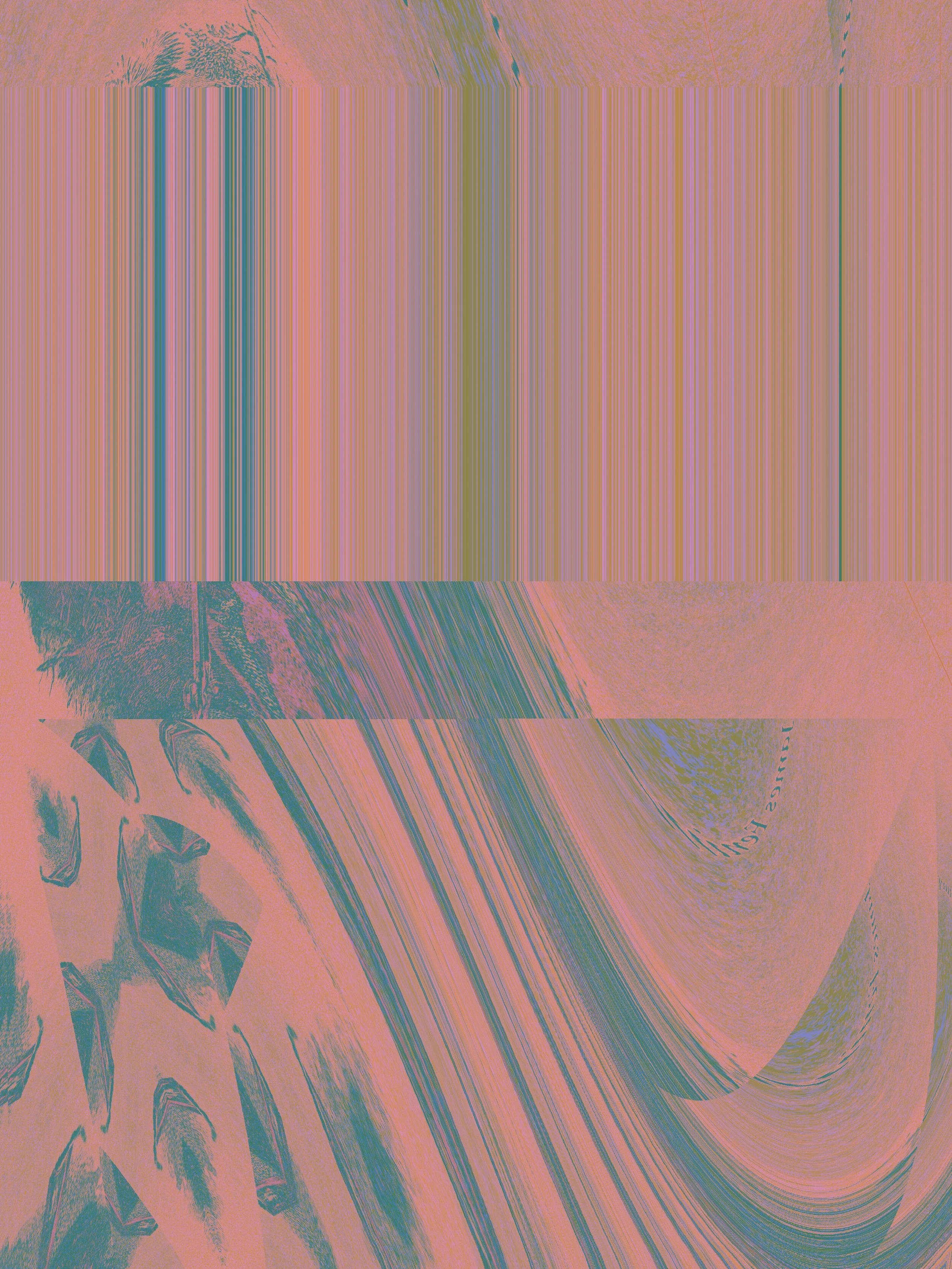At the 2017 NEMLA conference in Baltimore, Joe Hall, Jeff T. Johnson, and myself discussed overlaps in the socio-political state of Precarity and the aesthetics of online synchronous collaborative writing. The panel was very productive and generated as many questions as it did more complex considerations. In the spirit of keeping the conversation going, I have asked each panelist to provide a brief summary of their paper along with thoughts and questions that are guiding their further thinking about productive interminglings of precarious labor and creative risk in digital environments.
Joe Hall
“What’s a utopic horizon for these tools/writing forms?”
An exceptional feature of mobile, synchronous writing tools like Slack and Google Docs is how they relentlessly annotate the identity of the composer and time of composition. They automatically save and date drafts—recording document’s extension and revision down to the minute. These tools have a great capacity to index the role of each poet in each stage of production. My paper, in dialogue with Heriberto Yépez’s theories on the imperial maneuvers in regard to time inherent in American modernist poetry, allows us to see something strange about these tools, time, and scale. On one hand, they invite a form of authorship consisting of micro-compositions distributed in a few slender minutes across days, months, and years. They also provided the capacity to grasp texts from anytime or text reflecting on any time in the total archive the internet aspires to be and to feed portions of these texts into their fields. With these tools, the time of composition can be small and scattered; yet it can involve, the appropriation and remix of a massive volume and range of texts.
Joseph Hall is the author of three collections of poetry published by Black Ocean Press and a PhD candidate at SUNY Buffalo where he is completing his dissertation on representations of liquid commons in the literature of the long eighteenth century.








